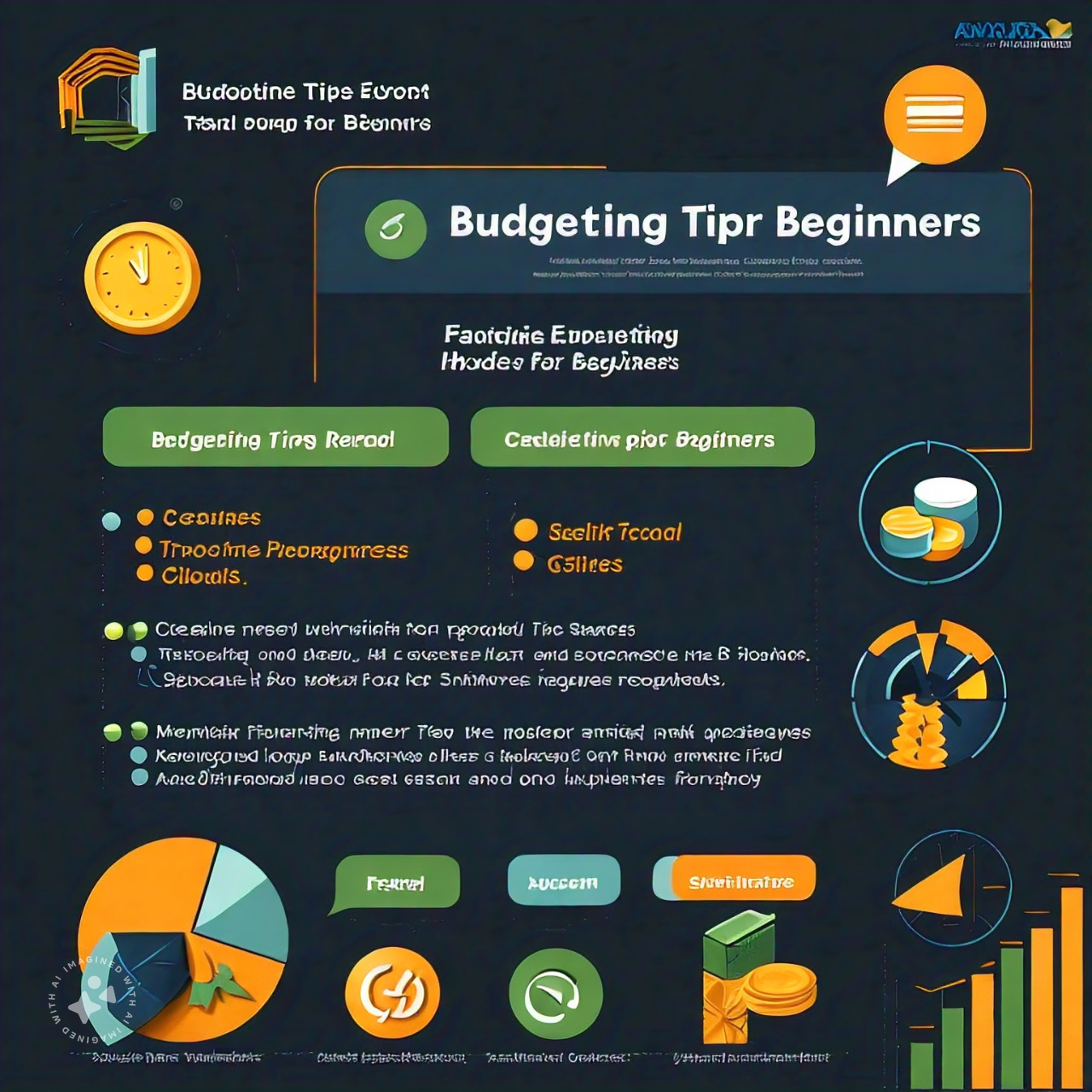Mastering Effective Budgeting Strategies for Financial Success
November 10, 2024 | by smartsitemonetizer@gmail.com

Setting up effective budgeting strategies is key to managing your finances and achieving long-term goals. By implementing these strategies, you can take control of your spending, build savings, and reduce financial stress. Whether you’re a budgeting beginner or looking to refine your current strategy, the following guide will help you budget effectively and confidently.
1. Start with Clear Financial Goals
Before diving into budgeting, it’s essential to have specific financial goals. Are you saving for a big purchase, paying off debt, or planning for retirement? Having clear goals will motivate you to stick to your budget and prioritize your spending. Write down your goals, categorize them by priority, and set realistic timelines for each one.
2. Track Your Income and Expenses
The foundation of an effective budget is understanding your current income and expenses. Track all sources of income and note fixed expenses, such as rent and utilities, as well as variable costs like groceries and entertainment. Tracking allows you to see where your money is going and identifies areas where you may overspend.
3. Choose a Budgeting Method that Works for You
There are several popular budgeting methods to choose from:
- 50/30/20 Rule: Allocate 50% of your income to needs, 30% to wants, and 20% to savings and debt repayment.
- Zero-Based Budgeting: Assign every dollar a specific purpose, making sure income minus expenses equals zero.
- Envelope System: Use envelopes to allocate funds for each category, such as groceries and transportation, and spend only what’s in the envelope.
Select a budgeting method that matches your financial goals and lifestyle.
4. Reduce Unnecessary Expenses
To maximize your budget, identify areas where you can cut costs. Small changes, like brewing coffee at home or canceling unused subscriptions, can add up over time. Look for expenses that don’t add significant value to your life and redirect those funds toward savings or debt repayment. This practice not only increases savings but also promotes mindful spending.
5. Automate Your Savings
Automating your savings ensures you consistently set aside money without having to think about it. Set up automatic transfers to a savings account or investment account each month. This strategy builds your savings effortlessly and helps you reach your financial goals faster. Even small automated contributions can make a big difference over time.
6. Prepare for Unexpected Expenses
An essential part of any effective budget is having an emergency fund. Life is unpredictable, and unexpected expenses like car repairs or medical bills can quickly derail your budget. Aim to save at least three to six months’ worth of living expenses in an emergency fund. This buffer provides financial security and keeps you from resorting to debt in times of need.
7. Review and Adjust Your Budget Regularly
Your budget should evolve with changes in your life, such as a new job, marriage, or major expenses. Review your budget each month to assess your progress, identify areas for improvement, and make adjustments as needed. Regularly reviewing your budget helps keep your finances on track and ensures you’re consistently working toward your financial goals.
Conclusion: Building Financial Confidence with Effective Budgeting Strategies
By implementing these effective budgeting strategies, you can take control of your financial future. Budgeting provides clarity on your financial situation, helps you reach your goals, and reduces stress. With discipline and regular reviews, budgeting becomes a powerful tool for achieving financial success. Start today and see the impact that strategic budgeting can have on your life!
RELATED POSTS
View all



